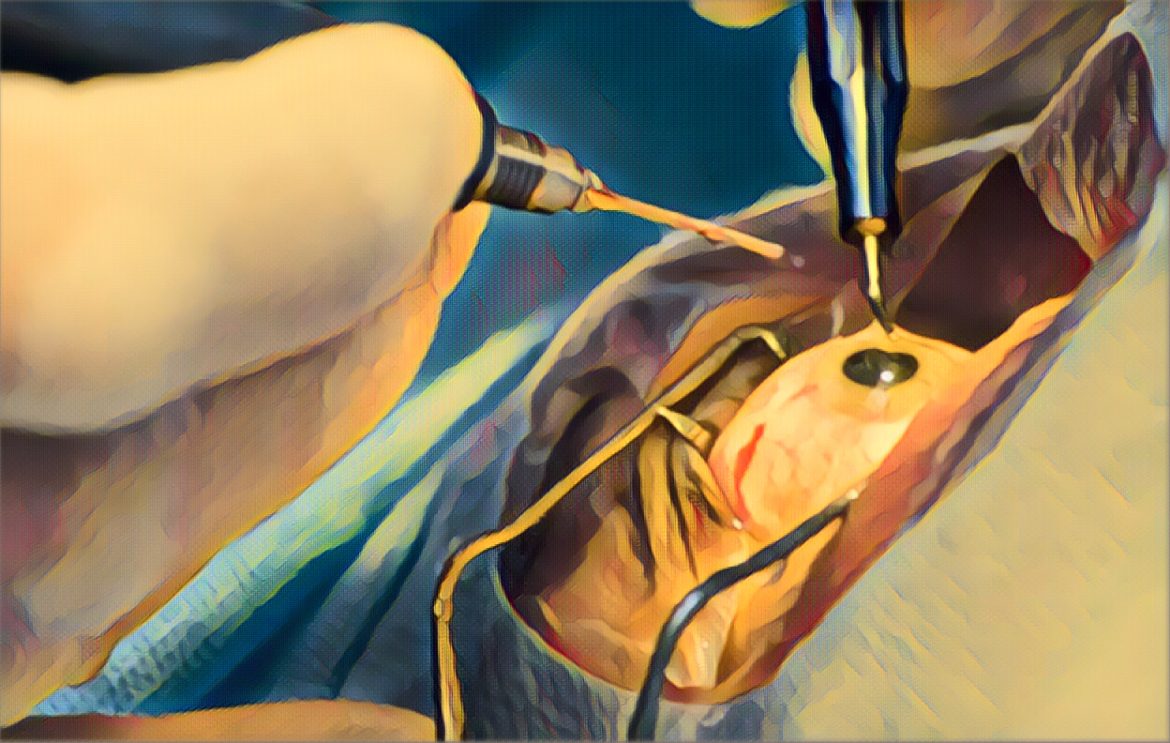Ghana has made significant progress in improving access to eye care services and preventing blindness, according to the National Eye Care Unit of the Ghana Health Service (GHS).
The Unit disclosed that a total of 16,373 cataract surgeries were performed in Ghana in 2023, a 57 percent increase from the previous year. This was achieved under the National Cataract Outreach Programme, which aims to provide affordable and quality eye care to people living in remote and underserved areas.
A cataract is a condition that causes the lens of the eye to become cloudy, affecting vision and leading to blindness if left untreated. It is the most common cause of blindness in Ghana, accounting for 54.8 percent of all cases, followed by glaucoma, posterior segment disease, and corneal problems.
The Unit said that cataract surgery is the most effective and cost-effective intervention to restore sight and improve the quality of life of people with cataracts. It involves replacing the cloudy lens with an artificial one, a procedure that takes about 15 minutes and has a high success rate.
Ghana’s achievement in cataract surgery is remarkable, considering that the World Health Organization (WHO) estimates that more than 2.2 billion people worldwide have a vision impairment or blindness, of whom at least 1 billion have a condition that could have been prevented or has yet to be addressed.
The WHO also reports that Africa has the highest prevalence of blindness and vision impairment in the world, with 15.3 million people affected. However, only 15 percent of those who need cataract surgery receive it, due to factors such as lack of awareness, access, affordability, and trained personnel.
The National Eye Care Unit said that Ghana has overcome some of these challenges by investing in infrastructure development, equipment, capacity building, and deployment of human resources for eye health. It also credited the support of partners such as the International Agency for the Prevention of Blindness, Sightsavers, Operation Eyesight Universal, and the Fred Hollows Foundation for enhancing its efforts.
The Unit added that Ghana was the first country in Africa to eliminate trachoma, a bacterial infection that causes inflammation and scarring of the eyelids, as a public health problem in 2022. Trachoma is one of the neglected tropical diseases that can cause irreversible blindness if not treated early.
Besides cataracts and trachoma, the Unit said that other eye diseases that affect Ghanaians include glaucoma, diabetic retinopathy, allergic conjunctivitis, and refractive errors. It urged the public to adopt healthy lifestyles, avoid self-medication, seek regular eye check-ups, and adhere to treatment plans to prevent or manage these conditions.
The Unit also said that it is committed to promoting and improving eye health prevention through more education and outreach, as well as aligning its programs to the 2030 In Sight Strategy, a global initiative to reduce the burden of avoidable blindness and vision impairment.
It called on the government and non-governmental organizations to assist it with the needed resources to improve its activities and achieve its vision of ensuring that every Ghanaian has access to quality eye care services.
Ghana’s success in eye care is an inspiration for other African countries and a testament to the importance of investing in health as a human right and a driver of development.
Source: GNA





2 comments
Your article helped me a lot, is there any more related content? Thanks!
Your article helped me a lot, is there any more related content? Thanks!